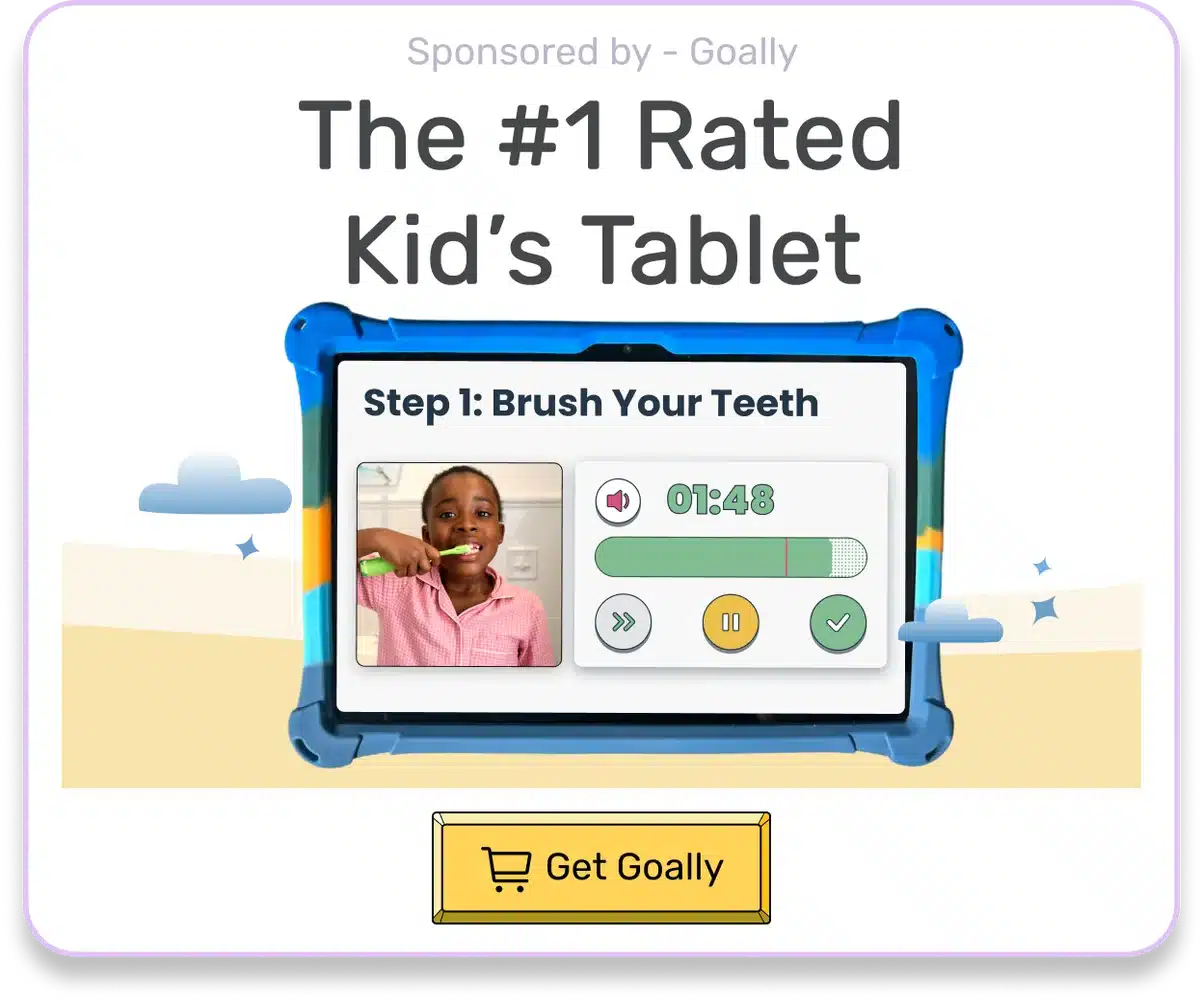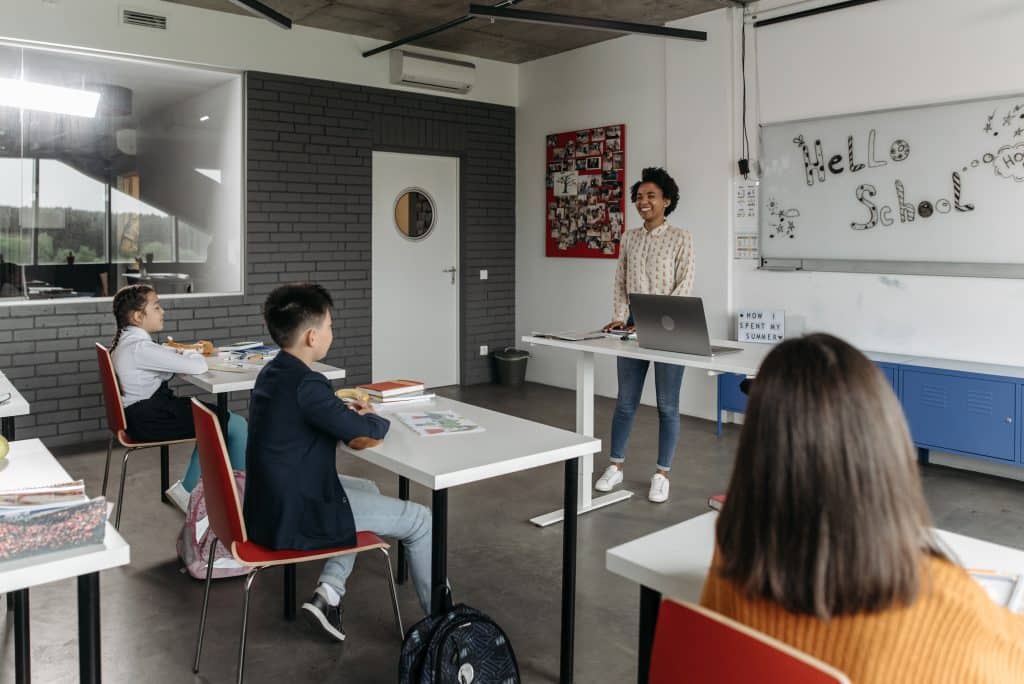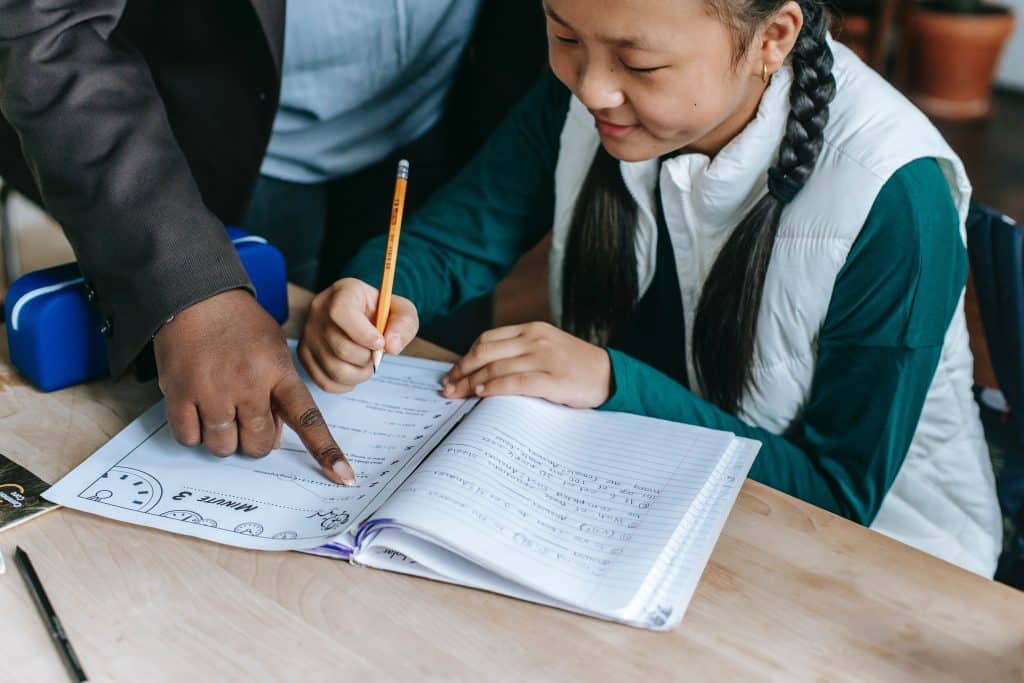Let’s say your neurodivergent child has an Individualized Education Program (IEP), but you’re worried about their progress in school. You might be asking, “Can a child with an IEP be held back?” Yes, students with disabilities may be retained; however, careful consideration in the development, implementation, and revision of the student’s individualized education program (IEP) should prevent student failure in most cases. The answer is more challenging than you’d hope. In this blog post, we’ll look at the ins and outs of IEPs, holding kids back, and how to best help your child in school.
Table of Contents
IEPs Explained: Building Blocks for Success
An IEP is a legal plan that lists the special help, changes, and services a child with thinking and learning differences needs to do well in school. The goal of an IEP is to make sure neurodivergent kids have the same chances to learn as other kids.
Having an IEP means your child’s school must follow the plan and provide the support your child needs. This can include things like extra time on tests, help from a special education teacher, or even changes to the way they teach their lessons.
Goally | The Safest Tablet for Kids

IEP and Holding Kids Back: Truths and Myths
So, can a child with an IEP be held back? The quick answer is yes, but it’s more complicated than that. Be sure to look at your kids unique needs and situation before deciding to hold a child back. Here are some things to think about:
- IEP Goals: If your child isn’t reaching their IEP goals, it’s important to find out why. Are the goals too hard, or is there not enough help and resources?
- Checking Progress: Keeping track of your child’s progress regularly is key to making sure they’re learning. If progress is slow, it’s time to look at the IEP and make changes if needed.
- Research on Holding Kids Back: Studies show that holding kids back can hurt their self-esteem, friendships, and success in school later on. It’s important to think about the good and bad before deciding.
Remember, every child is different, and what may work for one kid might not work for another kid. It’s essential to keep an open mind and be willing to adjust your child’s IEP as needed.

Read more: Make sense of your kids IEP
Other Options: More Ways to Help Your Child Succeed
Before deciding that holding your child back is the best choice, think about these other ways to help them grow and learn:
- Change the IEP: Look at your child’s IEP goals, help, and services to make sure they fit their current needs and abilities.
- Summer School or Tutoring: Extra help during the summer or after-school tutoring can help your child catch up on things they missed.
- Planning for the Future: If your child is almost done with school, focus on planning for life after high school, like college, work, and living on their own.
Here’s a table to help you compare the different options:
| Option | Pros | Cons |
|---|---|---|
| Change the IEP | Targets current needs and abilities | May require frequent updates |
| Summer School or Tutoring | Extra support to catch up | May be time-consuming |
| Planning for the Future | Prepares for life after school | May not address current academic struggles |

Read more: Your Questions Answered About the IEP Process
Standing Up for Your Child: The Power of Parents
As a parent, you are your child’s biggest supporter. To make sure they do well in school, it’s important to be part of the IEP process and talk with the school often. Here are some tips for helping your kid:
- Know Your Rights: Learn about (IDEA) the Individuals with Disabilities Education Act, and your state’s special education laws to understand your child’s rights and protections.
- Make Friends: Get to know your child’s teachers, therapists, and school leaders. Talking and working together is key to helping your child in school.
- Stay Informed: Keep up with your child’s progress, go to IEP meetings, and ask questions. Your involvement can make a big difference in your child’s school experience.
By staying involved and informed, you can help ensure your child gets the support they need to succeed in school and beyond.
Goally | Apps To Support Child Development
Looking for fun ways to help your child learn life skills? Try Goally! The Goally tablet comes with award-winning learning apps and video classes to help kids develop the skills they need to become independent with FUN & evidence-based practices.

Our apps teach executive function, language, emotional regulation, finger dexterity skills, and more.
As your child develops new skills, you can increase the difficulty level of the tasks in the app to challenge and motivate them even further. This helps your child grow and progress at their own pace, while also keeping them engaged and excited about their development.

Wrapping Up: Solving the IEP Puzzle with Confidence
So, can a child with an iep be held back? Yes, but it’s important to look at all the choices and think about how it will affect your child’s happiness and future success. By understanding the IEP process, standing up for your child, and thinking about other options, you can help your neurodivergent child do well in school. Remember, you’re not alone in this journey. Goally is here to help you and your child with our learning tablet and apps made just for kids with thinking and learning differences. Together, we can help your kid reach their full potential and solve the puzzle of special education with confidence.
FAQ’s About Can a Child With an IEP be Held Back
Can students with disabilities be held back a grade? Yes, a child with an IEP can be held back. The decision to retain a student is made on a case-by-case basis, considering the child's individual progress and the recommendations of the IEP team. What factors are considered when deciding whether to hold back a child with an IEP? The IEP team will review the child's academic progress, social-emotional development, and overall benefit of grade retention versus moving on to the next grade with additional supports. Do parents have a say in whether their child with an IEP is held back? Parents are part of the IEP team and should be actively involved in the decision-making process. It's essential for parents to voice their concerns and advocate for their child's best interests. Are there alternatives to holding back a child with an IEP? Alternatives may include intensive summer school programs, increased support services during the following school year, or exploring different educational placements. Where can I find more information about grade retention for students with IEPs? You can find reliable information from organizations like the National Center for Learning Disabilities (NCLD), Understood.org, and your state's Department of Education.
This post was originally published on 04/18/2023. It was updated on 03/13/2024.

Goally
We help parents teach their kids life skills, like doing bedtime and morning independently. Backed by science, we incorporate evidence-based practices and expert-informed designs in all of our apps and content.






